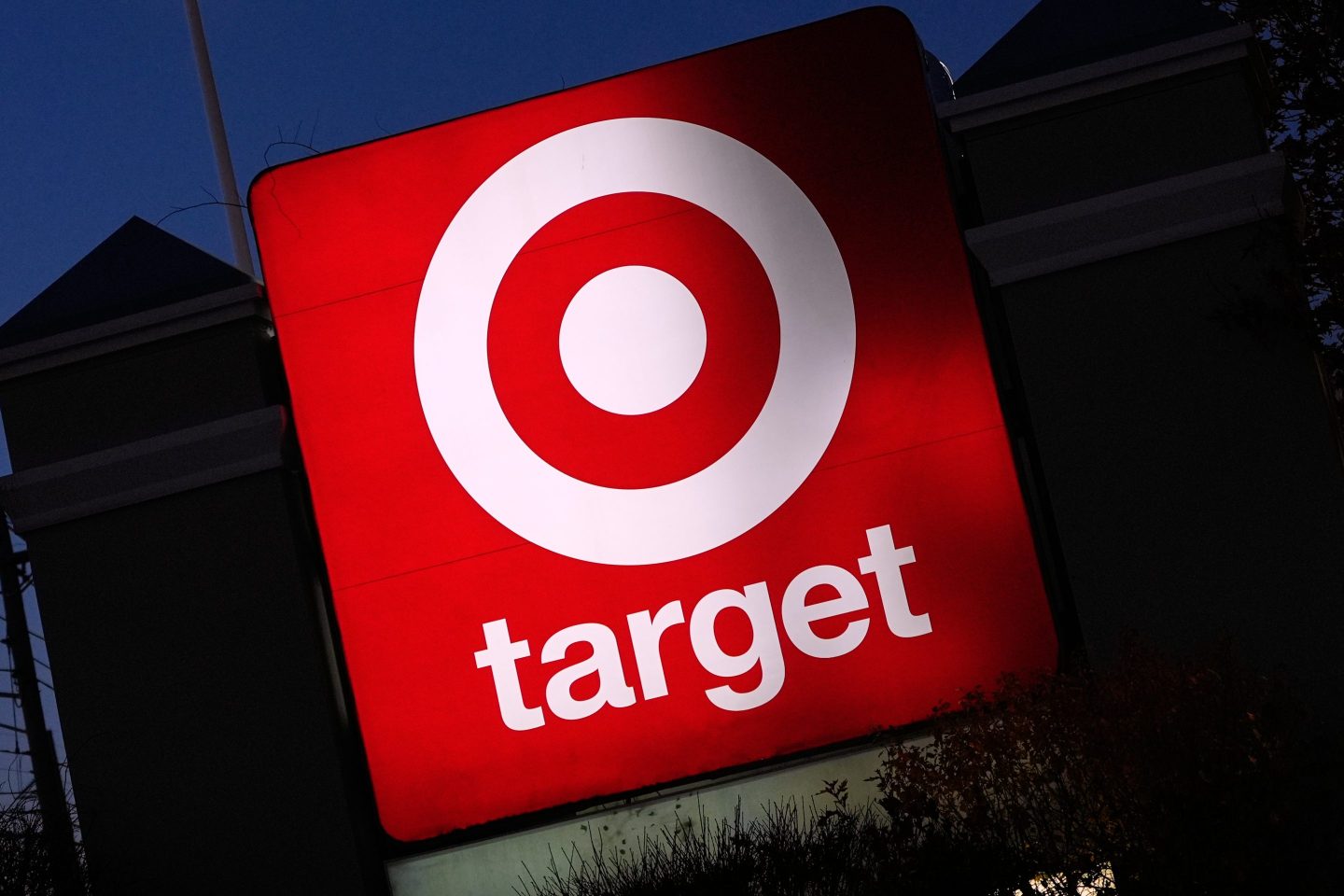Users of RushCard, the prepaid debit card founded by hip-hop mogul and DefJam co-founder Russell Simmons, have been complaining all across Twitter that they’ve been locked out of their accounts, that their accounts are suddenly showing $0 balances, and that they aren’t getting any answers from customer service.
Here are a few samples:
https://twitter.com/missodessa/status/655044649384480770
So I supported black owned businesses went and got a #rushcard and now I cant access my account or get $$ @RushCard @UncleRUSH I'm not HAPPY
— Social-Divo (@NAZ2) October 13, 2015
@RushCard I have bills to pay and I can't even use my card somebody needs to tell me something because I am ISIS pissed right now #RUSHcard
— Kevin Smith 🇺🇸 (@kevinDAtruth88) October 13, 2015
On Facebook and Twitter, Simmons says he’s on the case and that everybody’s money is safe. It would be anyway—RushCard is in fact FDIC insured—but for many users, knowing that their money will eventually be returned to them isn’t good enough.
Want to make sure you are all updated as we continue to fix the problems. #RushCard pic.twitter.com/OnLzpa9taa
— Russell Simmons (@UncleRUSH) October 14, 2015
Unlike bank-issued debit cards, prepaid cards like the RushCard are less regulated and often laden with fees that syphon away small amounts of cash each month or each time you swipe the card. You can check out RushCard’s schedule of fees here.
https://twitter.com/tressiemcphd/status/656094700085104640
In the past, Simmons has argued that RushCard provides a valuable service to the underbanked by offering a better alternative to check-cashing businesses, which tend to take an even larger cut. But the fact is there are better and cheaper alternatives to both pre-paid debit cards and check-cashing outlets, even for people who don’t have enough money to maintain a sizable minimum balance.
Checking accounts at online-only Ally Bank, for instance, have no minimum deposit, no monthly fees, and no ATM fees; pay decent interest on checking; and will reimburse $10 of other banks’ ATM fees. Ally does charge a $25 overdraft fee, but you can avoid that by opting out of overdraft protection.
The RushCard problems don’t appear to have been solved yet, and some customers have reportedly gone more than week without access to their money. The anger and frustration has given way to desperation. Commiserating users are proposing that RushCard compensate them for their trouble. Others, fed up with prepaid cards, have announced plans to take their business to traditional banks or other prepaid cards.
Some are even filing complaints with the Consumer Financial Protection Bureau.
https://twitter.com/KimbaWiggins1/status/656135515666796544












